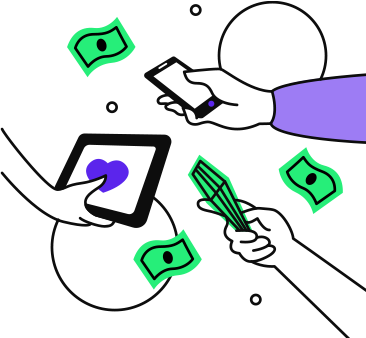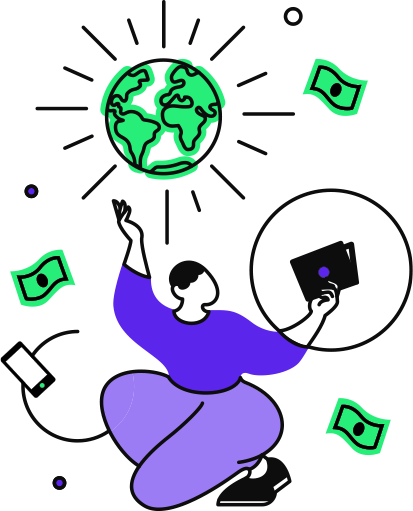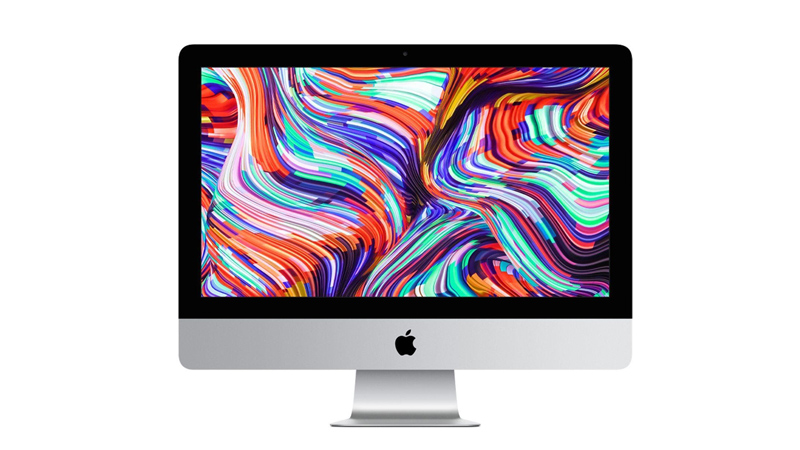
A new study suggests that digital piracy moves not only legal music sales but could stimulate
For years the music industry has lashed digital piracy claiming that their interests and violates the copyright of the artists. But a new report indicates just the opposite: piracy might actually be stimulating sales.
It is the first study that suggests this reality, but this time who says it is the Institute for Prospective Technological Studies (IPTS, for its acronym in English), part of the Joint Research Centre of the European Commission.
After analyzing the behavior of 16,000 in five European countries, concluded that “music piracy should be viewed with concern by those who hold the copyright in the digital age.”
MORE PIRACY, More sales?
The paper analyzes the impact of online playback and music downloads, legal and illegal, on digital music sales in Spain, France, Germany, Italy and the UK.
As noted, the 10% increase in illegal download led a 0.2% increase in legal music purchases. While a 10% increase in the reproduction of legal online music, led to a 0.7% increase in sales.
Researchers say this shows a certain complementarity between these two ways of digital consumption, since consumption would allow illegal user test the product before purchasing.
They also noted that the industry is experiencing a great time with the introduction of online shopping systems like iTunes.
ON
However, they warn that any of the conclusions of this study should be taken as definitive proof of the “benefits of piracy.”
The reason is that the data provided by the measurement firm Nielsen, may have limited reliability, because the people doing illegal activities in the network tend to cover their tracks online.
Also covers only digital sales (its impact on physical sales not in doubt), because if you take into account the impact of piracy on physical sales it “could be negative.”
The best customers
These findings are consistent with somewhat of a report issued in October by the American Assembly forum, linked to Columbia University (USA), which concluded that “music thieves” are in fact the best customers of big music companies.
The reason is that these are those with largest collections of music and, therefore, buy more often than not pirated and often limited to legally listen online.
The results of these studies generate any paradox in the music industry, at a time when the entertainment industry lobbies governments to establish greater control measures on the illegal downloading of content with controversial laws as Pipa, Sopa, proposals and the rejected time in the U.S., or ACTA law in Europe.
Of course, these findings pertain only to the music industry and there is no suggestion that can be extrapolated to other content such as movies, video games and software.
http://www.gadgetsalvation.com









